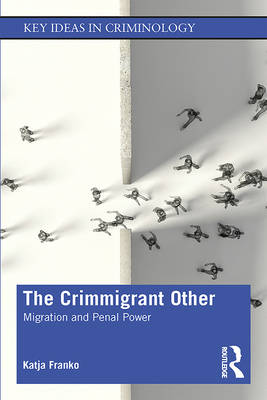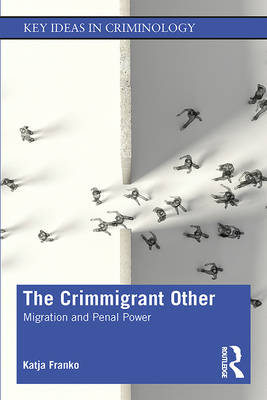
- Retrait gratuit dans votre magasin Club
- 7.000.000 titres dans notre catalogue
- Payer en toute sécurité
- Toujours un magasin près de chez vous
- Retrait gratuit dans votre magasin Club
- 7.000.0000 titres dans notre catalogue
- Payer en toute sécurité
- Toujours un magasin près de chez vous
Description
Western societies are immersed in debates about immigration and illegality. This book examines these processes and outlines how the figure of the "crimmigrant other" has emerged not only as a central object of media and political discourse, but also as a distinct penal subject connecting migration and the logic of criminalization and insecurity. Illegality defines not only a quality of certain acts, but becomes an existential condition, which shapes the daily lives of large groups within the society. Drawing on rich empirical material from national and international contexts, Katja Franko outlines the social production of the crimmigrant other as a multi-layered phenomenon that is deeply rooted in the intricate connections between law, scientific knowledge, bureaucratic practices, politics and popular discourse.
Spécifications
Parties prenantes
- Auteur(s) :
- Editeur:
Contenu
- Nombre de pages :
- 238
- Langue:
- Anglais
- Collection :
Caractéristiques
- EAN:
- 9781138545960
- Date de parution :
- 10-12-19
- Format:
- Livre relié
- Format numérique:
- Genaaid
- Dimensions :
- 160 mm x 239 mm
- Poids :
- 430 g

Les avis
Nous publions uniquement les avis qui respectent les conditions requises. Consultez nos conditions pour les avis.






